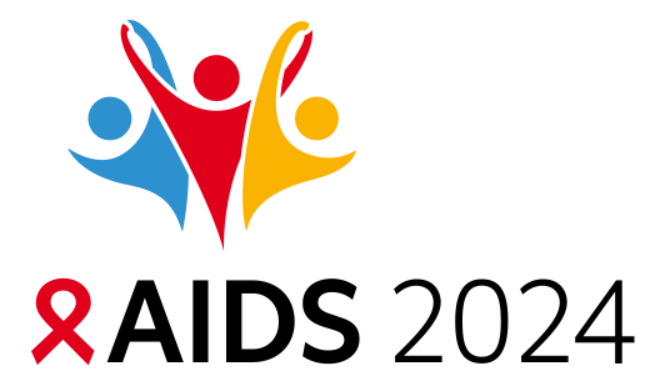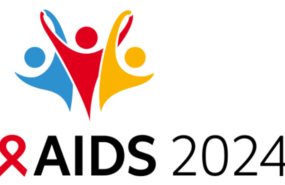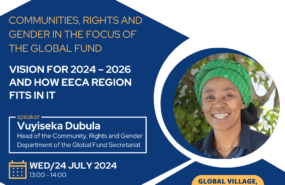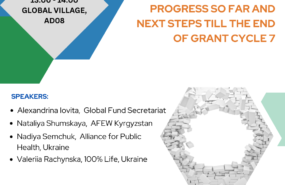Catalytic investment funding is crucial to ensure health, rights and access to harm reduction for people who use drugs
- 15.05.2022 12:51
- Post Views: 179
In advance to the Global Fund’s 47th Board Meeting to be held from 10 to 12 May 2022 in Geneva INPUD, EHRA and HRI issued a joint briefing on the importance of catalytic investments for harm reduction in low and middle-income countries.
The briefing calls on the Global Fund Board to approve an allocation model that recognizes the critical nature of this funding for matching funds, multi-country grants and strategic initiatives and the role that this will play in optimizing country grants and achieving the Global Fund Strategy objectives to keep communities and human rights at the centre during the NFM4 cycle.
Catalytic investment funding provides critical support to community-led and civil society advocacy to address criminalisation, stigma and discrimination and for legal and policy reform necessary to remove barriers to HIV prevention, treatment and care for people who use drugs. In the context of transition, it remains one of the few sources of funding for fundamental efforts to drive domestic investment in high quality, human rights-based harm reduction, in order to avoid the decimation of harm reduction services and subsequent spikes in infections.
- INPUD, EHRA and HRI urge the Global Fund Board to approve an allocation model that ensures catalytic investment funds increase in line with replenishment without a cap, in order to maximise the potential of multi-country grants, matching funds and strategic initiatives for the successful implementation of the Global Fund Strategy 2023-2028.
- INPUD, EHRA and HRI urge the Global Fund Board to give multi-country grants due to parity in the allocation formula, with increased funding available for advocacy, legal and policy reform, in order to ensure health, rights and access to harm reduction for people who use drugs.
- INPUD, EHRA and HRI urge the Global Fund to track the extent to which matching funds have led to investment in key population programming, including harm reduction. It is imperative that the matching funds mechanism enables the Global Fund to incentivise investment in rights-based, people-centred harm reduction where it is needed most.
- INPUD, EHRA and HRI urge the Global Fund Board to approve an increase in the funding stream for strategic initiatives. Currently, this is the only stream of funding that directly funds community-led networks to undertake a variety of critical, enabling work, that builds the voice and influence of people who use drugs to advocate for their health and human rights to be met. Additionally, it enables community-led monitoring of services to provide evidence for action and advocacy. Increased investment in strengthening community systems and responses is a direct investment in communities that will be crucial to the implementation of the Global Fund strategy 2023-2028, which commits to putting people and communities at the centre.
Related News
AIDS 2024: Communities, Rights and Gender in the Focus of the Global Fund: vision for 2024 – 2026 and how EECA region fits in it
24.07. at 13.00 join the community Dialogue with the Head of Community, Rights & Gender Department in the Global Fund Secretariat Post Views: 15 Read moreAIDS 2024: Global Fund Breaking Down Barriers Initiative in EECA: progress so far and next steps till the end of Gran Cycle 7
On the 23rd of July at 13.00 join the session with Alexandrina Iovita, Senior Technical Advisor, Human Rights, Community Rights and Gender Department, Global Fund Secretariat Post Views: 12 Read moreEECA Region Space Schedule during AIDS 2024

Welcome to the EECA Region Space at the Global Village during AIDS 2024 Conference! Our dedicated space at the Global Village is designed to highlight the unique perspectives and experiences of the EECA region, fostering collaboration and inspiring action. Join us for a series of engaging sessions, workshops, and presentations that will explore a wide range of topics.
Services for migrants and refugees from Ukraine – HIV/TB care with a focus on key populations
Due to the increasing flows of refugees from Ukraine because of Russia’s invasion of Ukraine, the EECA Regional Platform created a spreadsheet to fill contacts details of face-to-face and online services for refugees and migrants (with a focus on HIV/TB care and key population groups).
Regional Platform – EECA
This web-resource is a part of new regional communication and coordination project “Regional Civil Society and Community Support, Coordination and Communication Platform - EECA”, implemented by Eurasian Harm Reduction Association (EHRA).
Tags
See also
-
Events with Global Fund Speakers at AIDS 2024 17.07.2024 14:43
-
EECA Region Space Schedule during AIDS 2024 12.07.2024 11:14
-
Two Requests for Proposals from the Global Fund 04.07.2024 11:42
-
EECA’s Regional Platform monthly Newsletter #6, July 2024 04.07.2024 11:28







